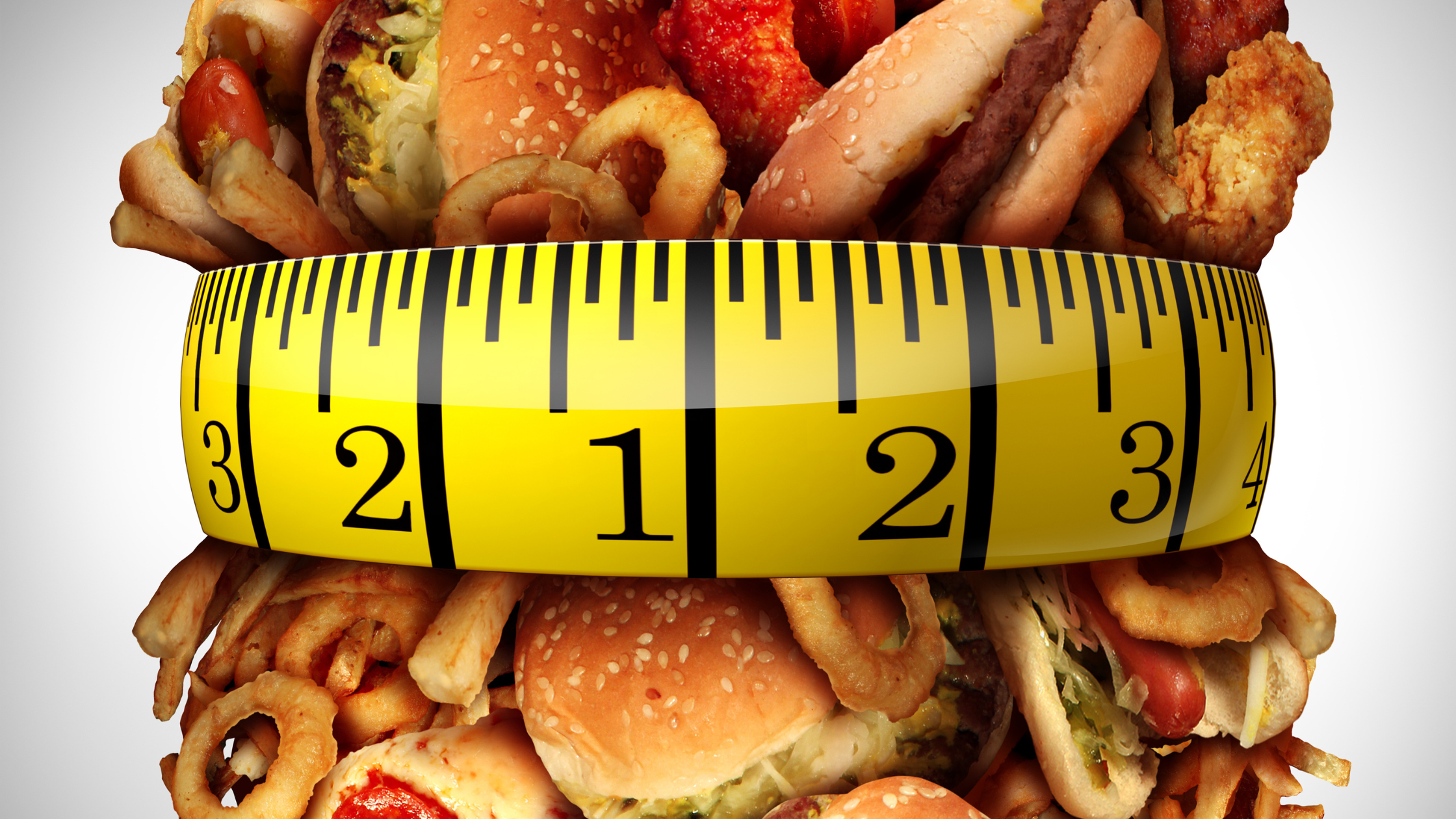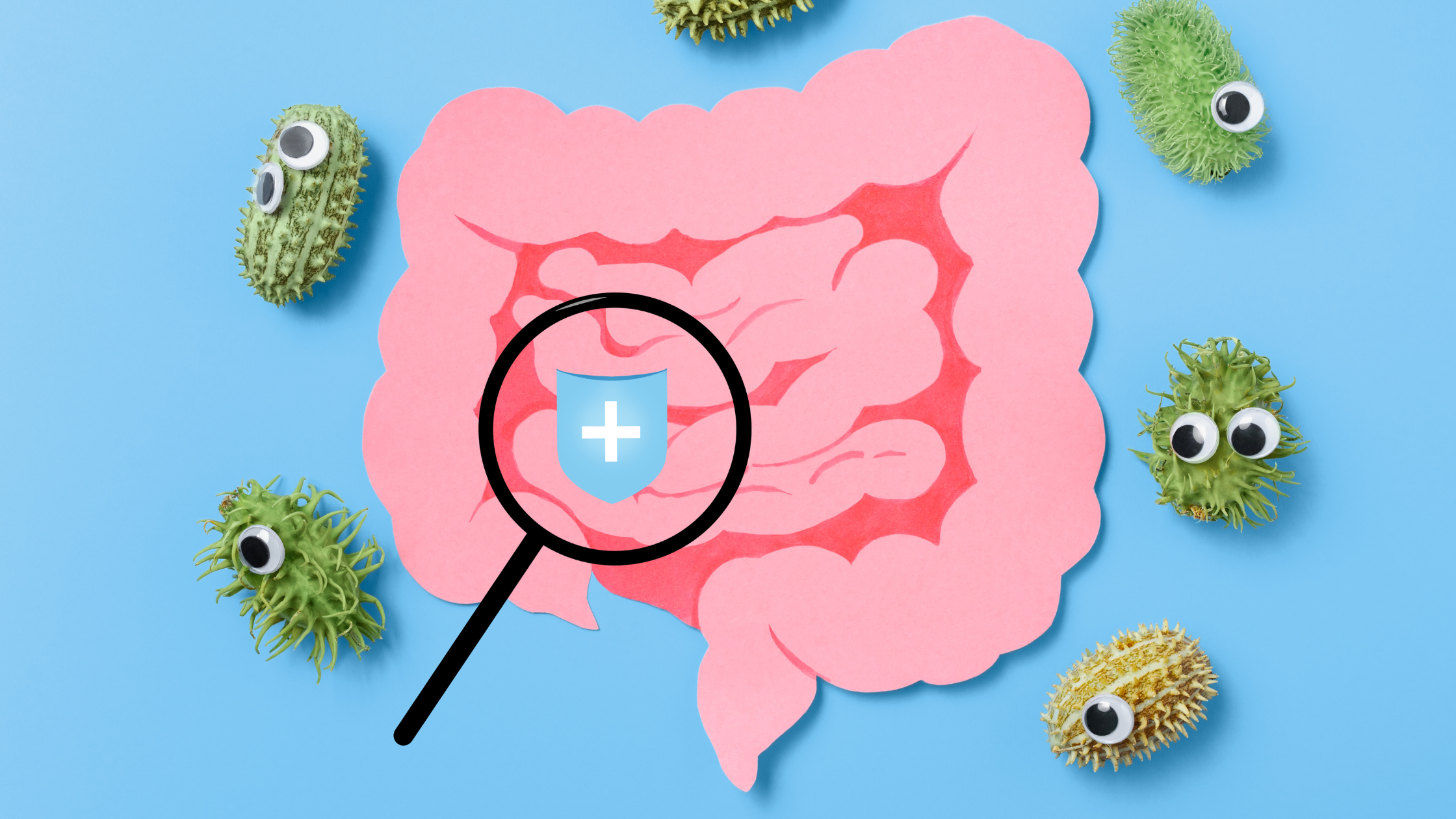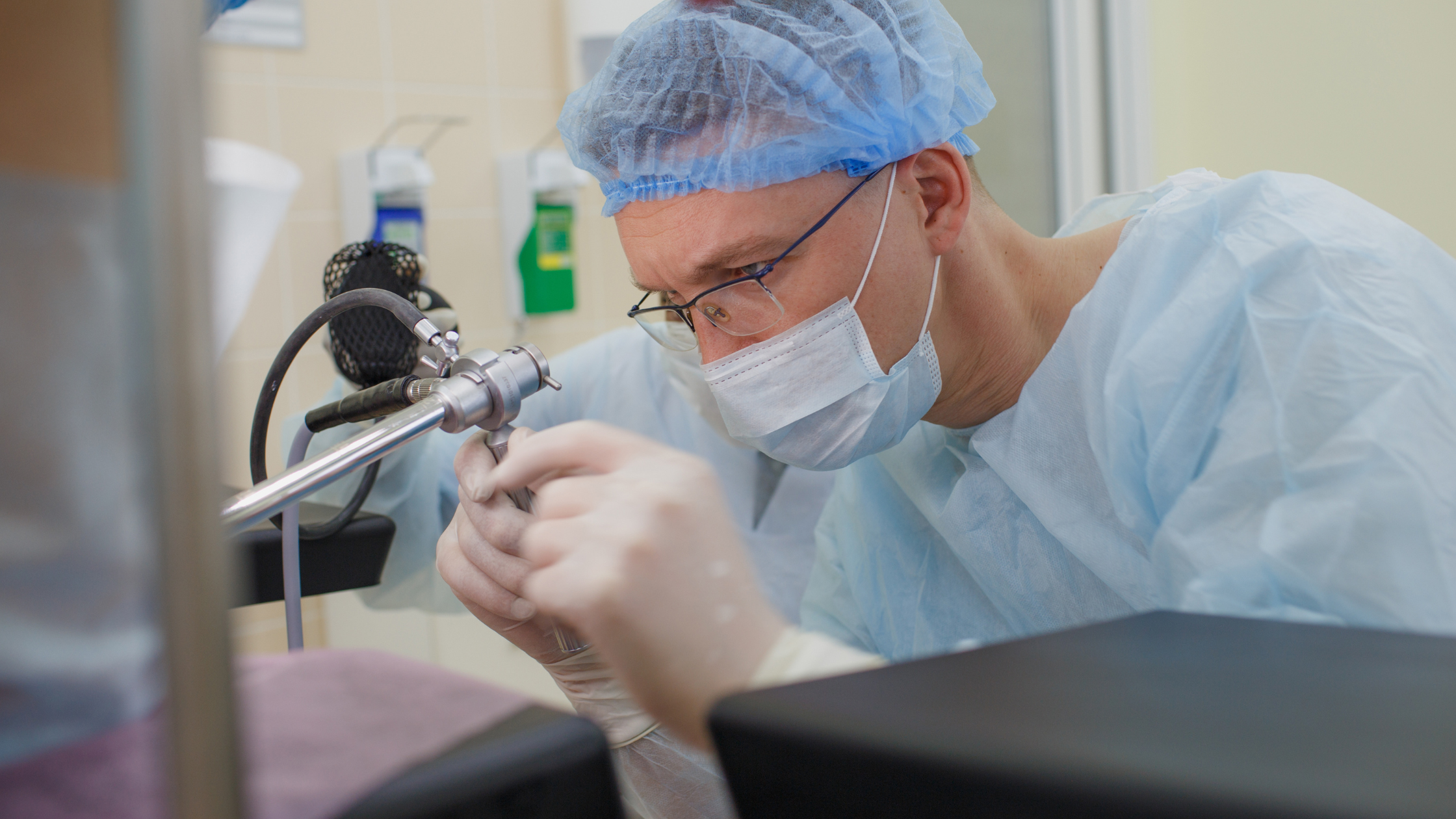Colorectal Cancer on the Rise Among Younger Adults: Signs to Know
Written by TYE Medical on Jun 4th 2025
Over 150,000 people are diagnosed with colorectal cancer each year, and 50,000 die from the condition. Historically, colon cancer has been a disease of middle age, which is when screenings such as colonoscopies are recommended. However, since the 1900s, cases of colon cancer among younger generations have almost doubled. Among Americans ages 18 to 49, it is the number one cause of death due to cancer. Even more concerning are the rising rates of colorectal cancer in children. Conversely, the rates among adults over 50 have been declining, largely due to a decrease in smoking and an increase in screenings. What are the early warning signs of colorectal cancer and how can you reduce your risk?
Causes of Early-Onset Colon Cancer

Obesity is a major risk factor for developing colon cancer before age 50. In recent decades, obesity rates among younger generations have risen, largely due to high-calorie diets and a sedentary lifestyle. Although genetics play an important role in the development of early-onset colorectal cancer, about 80% of those diagnosed with colon cancer under age 50 do not have a genetic predisposition, which means that lifestyle factors are the main culprit.
However, it is possible to live a healthy lifestyle with no known genetic risk factors and still develop early-onset colorectal cancer. This is not as rare as one might think. But the medical field does not have a complete understanding of why this is the case or the underlying reason for otherwise healthy individuals to develop a type of cancer they have not genetically inherited.
Why Healthy People Are Diagnosed with Colon Cancer

If there is no genetic or lifestyle reason for a colon cancer diagnosis, some believe it’s due to a disruption in the gut microbiome. More specifically, the theory suggests that the bacterial composition in the gut has changed for some reason, such as changes in diet or antibiotic use. When the gut microbiome is disrupted in this way, some believe it can cause inflammation in the digestive tract and colon, increasing risk for colorectal cancer and several other diseases.
It’s important to maintain digestive health by eating a variety of healthy foods, including fruits, vegetables, and whole grains. Avoid highly processed meats and take a probiotic supplement daily to keep your colon healthy. You can also reduce your risk by getting regular exercise and avoid being sedentary for too long.
Reduce Your Risk of Colorectal Cancer

You can reduce your risk for many types of cancer, including colorectal cancer, simply by not smoking or avoiding alcohol.
When it comes to diet, it’s important to limit processed foods that often contain chemicals and fillers that promote cancer. This includes processed meats and foods that are high in saturated fats. These tend to trigger inflammation in the intestines and colon.
Instead, try to eat more of the following foods that are associated with a lower risk of colorectal cancer:
- fiber
- fruits
- vegetables
- fish
- beta-carotene
- vitamin C
- vitamin E
- vitamin D
- folate
Produce and plant-based foods contain much nutrition and antioxidants that actually fight against the onset of cancer.
Another major asset for colon cancer prevention is physical activity, which drops the risk by about 30%. This means intentional exercise is key to ensuring your colon remains cancer free. Physical activity keeps your digestive system flowing smoothly and helps ward off inflammation. And perhaps more importantly, it helps prevent obesity, which is a major risk factor for colorectal cancer.
Colorectal Cancer Early Warning Signs

Although often ambiguous, early warning signs of colorectal cancer exist, although you may not make the connection right away.
If you notice any of the following symptoms, you should follow up with your doctor:
- Rectal bleeding (often painless in earliest stages)
- Weight loss
- Abdominal pain
- Change in bowel habits (diarrhea)
- Iron deficiency anemia
Painless rectal bleeding is one of the earliest warning signs that some studies suggest appear two to three years before other symptoms. Additionally, those patients who experience symptoms often wait up to six months before seeing a doctor. This means that advance warnings make early detection possible but patients often don’t react in a timely manner. This is often because symptoms don’t seem serious and could be caused by a variety of benign factors.
No matter your age, if you experience any of the above symptoms more than once, check with your doctor to rule out colorectal cancer.
Colorectal Cancer Screenings Save Lives
According to the U.S. Preventive Services Task Force, the best way to prevent colorectal cancer is to get a colonoscopy. It’s believed this is a major reason for the declining rates among adults over 50. More people are taking the threat seriously and undergoing screenings as recommended.
Colonoscopies can find premalignant polyps, which are unwanted growths that are not yet cancer but will likely turn into cancer. Once discovered these pre-cancer growths are removed to prevent the spread of invasive cancer.
What Can a Colonoscopy Detect?

Colonoscopies are often used to detect colorectal cancer, and healthcare professionals recommend them at regular intervals for screening and early detection. Colonoscopies detect polyps (lesions) in the intestines that are then removed and tested to see if they are benign (non-cancerous), pre-cancerous, or malignant (cancerous).
Colonoscopies can also detect irritable bowel disease or (IBD) which is a condition marked by chronic inflammation of the digestive tract. Two common types are ulcerative colitis and Crohn's disease. It is believed that almost 90% of the time doctors can diagnose IBD using endoscopic techniques like a colonoscopy. This allows them to see, in real time, the condition of the intestines, degree of inflammation, and ulcers present, as well as other symptoms or damage. During the colonoscopy a biopsy can also be taken to help determine a diagnosis.
Colonoscopies can also detect other bowel conditions like:
- Diverticulitis (small pouches form in the walls of your colon)
- Bowel obstruction (the large intestine has become blocked)
- Ulcers not associated with IBD
If you’re experiencing chronic symptoms, your doctor may order a colonoscopy that is more diagnostic than for preventative measures.
However, a colonoscopy can’t detect irritable bowel syndrome (IBS) or any condition affecting your small intestine, gallbladder, pancreas, or stomach.
How Does a Colonoscopy Work?

Colonoscopies are notorious for being unpleasant, which is somewhat valid. It’s a bit of a process as you must prep your bowels the day before and undergo partial sedation to complete the procedure. However, the preventative benefits far outweigh the temporary discomfort and inconvenience, which is why more people are opting for regular colonoscopies as recommended.
It’s important to inform your doctor of your medications, supplements, allergies, and other health conditions before proceeding with the screening.
Prior to the day your colonoscopy is scheduled, you’ll receive instructions for diet and how to perform a bowel prep. It’s important that your large intestines are cleared out and clean before the colonoscopy to allow for improved visibility.
To prep your bowels before the procedure, you’ll be asked to avoid high fiber foods and drink clear liquids only. Additionally, you'll be given specific instructions for using laxatives that will intentionally cause diarrhea, which is necessary to empty your bowel. This usually takes place the evening before the colonoscopy.
Even though a colonoscopy is performed while you’re awake, your doctor will still give you a sedative to keep you relaxed and groggy since the procedure is otherwise uncomfortable. Once the sedative has been administered, you will be asked to lie on a table with your knees pulled to your chest. The healthcare professional will guide the colonoscope to enter your bowel area.
The camera on the end of the colonoscope allows your doctor to view the lining of your large intestine. If a polyp is seen or a tissue sample needed, it will be removed during the procedure for further lab testing.
Once your colon and rectum has been thoroughly examined, the colonoscope is removed. The entire procedure takes under an hour.
Risk and Complications of a Colonoscopy
Although a colonoscopy is considered a safe procedure, complications are still possible.
Potential risks and complications of a colonoscopy include:
- Developing a reaction to the sedative
- Puncturing the large intestine wall (perforation)
- Developing a post-endoscopic infection
Again, these risks and complications are rare but possible.
How to Recover from a Colonoscopy

Once the procedure is complete, medical staff will monitor you until your sedation completely wears off. Although fully awake, you will still need someone to drive you home as you may not feel one hundred percent.
Post-colonoscopy side effects can include:
- Cramping
- Bloating
- Light bleeding (if biopsy taken)
Despite these common side effects, you should be fully recovered by the next day and able to return to work or normal activity. Your test results should be available within a few days and your healthcare provider will follow up to discuss any concerns.
Staying Proactive to Prevent Colorectal Cancer
With the high rates for colorectal cancer in middle age and above and the rising rates among younger generations, it’s important to stay aware and proactive to prevent this deadly disease. An important step is preventing obesity through a healthy diet that avoids high-fat, processed foods and adding fiber-rich choices like fruits and vegetables and including important vitamins and nutrients.
Staying active is another major way to keep colon cancer risks low. It’s also critical that you pay attention to any potential early warning signs and follow up with your doctor quickly when you notice something unusual. Be sure to get regular colonoscopies as recommended by your doctor.


